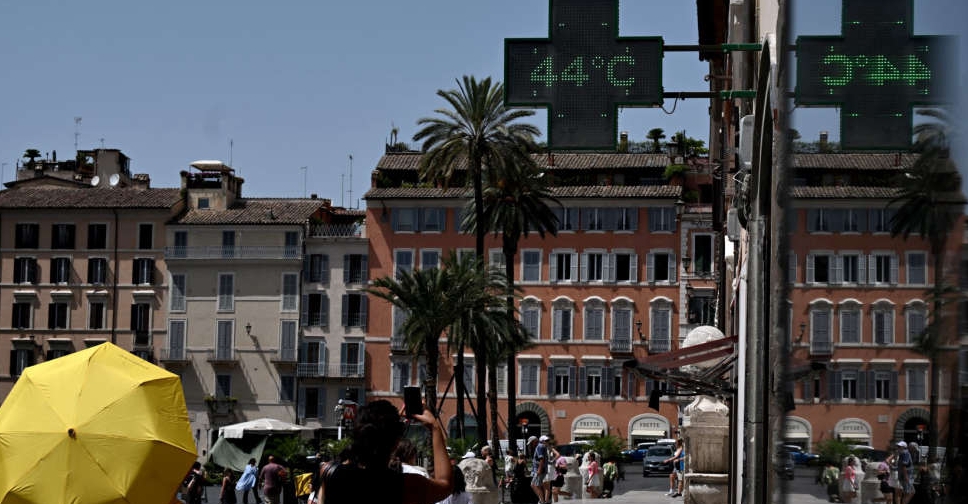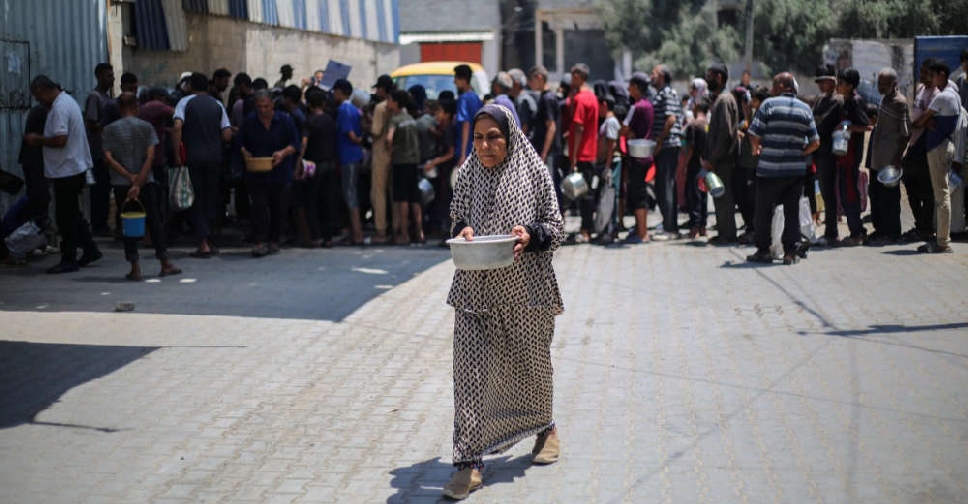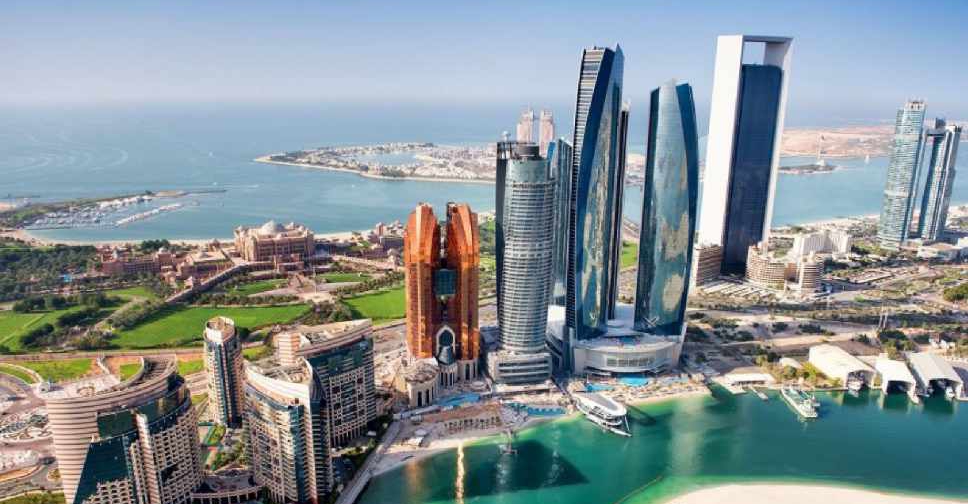
Soaring summer temperatures across southern Europe could prompt a lasting shift in tourist habits, with more travellers choosing cooler destinations or taking their holidays in spring or autumn to dodge the extreme heat, tourism bodies and experts predict.
European Travel Commission (ETC) data shows the number of people hoping to travel to the Mediterranean region in June to November has already fallen 10 per cent compared to last year, when scorching weather led to droughts and wildfires.
Destinations like the Czech Republic, Denmark, Ireland and Bulgaria have meanwhile seen a spike in interest.
"We anticipate that unpredictable weather conditions in the future will have a greater impact on travellers' choices in Europe," said Miguel Sanz, the head of the ETC.
A report by the trade body also shows 7.6 per cent of travellers now see extreme weather events as a major concern for trips between June and November.
NO CANCELLATIONS YET
Demand for travel has soared again this summer as tourists leave behind years of pandemic restrictions, and travel companies say the heat hasn't caused many cancellations - yet.
Britons in particular have booked fewer holidays at home and more in the Mediterranean, often many months in advance, as they continue to crave post-lockdown beach escapes, said Sean Tipton of British travel agent group ABTA.
But that balance could shift as heatwaves are set to become more gruelling. Scientists have long warned that climate change, caused by CO2 emissions from burning fossil fuels, will make weather events more frequent, severe and deadly.
Meteorologists predict that temperatures in the coming week may surpass Europe's current record of 48.8 degrees Celsius, set in Sicily in August 2021, raising fears of a repetition of last year's heat deaths.
Stories of tourists being airlifted off Italian beaches or ferried away in ambulances from Athens' Acropolis have flooded European media in recent weeks.
"Our recent research indicates a decline in the number of people interested in travelling in August, the peak month, while more Europeans are considering autumn trips," Sanz said.
SHIFTS IN SOUTHERN EUROPE
Tourists in Rome told Reuters they would think twice about booking a trip there again in July as they struggled to drink enough water, stay cool and find air-conditioned spots to rest.
That's bad news for Italy's economy, which thrives on busy summer traffic.
Italy's Environment Ministry warned in a report this year that foreign tourists would in future travel more in the spring and autumn and choose cooler destinations.
"The balance will be negative, also because part of the Italian tourists will contribute to the flow of international tourism to less hot countries," the report said.
Some hope that the change will simply be a shift in traffic, not a reduction.
In Greece, where international air arrivals were up 87.5 per cent year-on-year between January and March, overcrowding in the summer has plagued tourist hot spots like the island of Mykonos.
Increased travel in the winter, spring and autumn months could ease that problem and make up for a potential summer slowdown, according to the Greek environment ministry.
Greek authorities closed Athens' ancient Acropolis during the hottest part of the day on Friday to protect tourists.
In Spain, high vacation demand is expected in coastal destinations in the north of the country and on Spanish tourist islands, where summer temperatures tend to be cooler, according to a report from the national tourism association Exceltur.


 Israel acknowledges Palestinian civilians harmed at Gaza aid sites
Israel acknowledges Palestinian civilians harmed at Gaza aid sites
 Israel steps up Gaza bombardment ahead of White House talks on ceasefire
Israel steps up Gaza bombardment ahead of White House talks on ceasefire
 Ukraine pilot killed in large-scale Russian attack, Zelenskyy calls for US help
Ukraine pilot killed in large-scale Russian attack, Zelenskyy calls for US help
 Firefighters in Turkey battle to contain wildfires for second day
Firefighters in Turkey battle to contain wildfires for second day
 Two firefighters killed in Idaho shooting, shelter in place lifted
Two firefighters killed in Idaho shooting, shelter in place lifted




